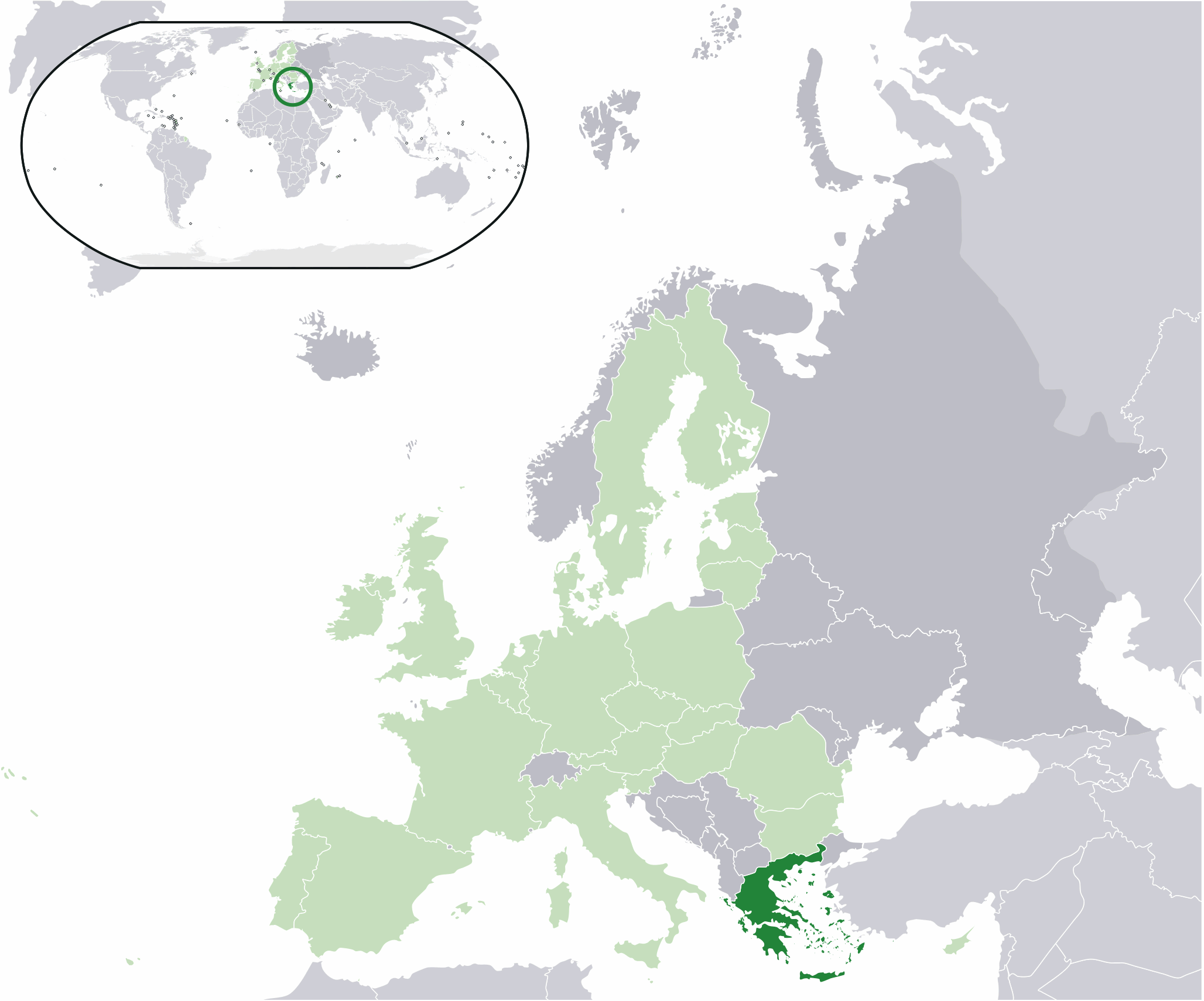Just kidding. :-) But seriously, what do we know about Greece (not college greeks)?
- officially the Hellenic Republic
- A developed country with an advanced, high-income economy, a very high Human Development Index and consistently high quality of life rankings
- Before adopting the Euro in 2002 Greece had maintained use of the Greek drachma from 1832.
- This bridge is the Rio-Antirio bridge near the city of Patras and is the longest cable-stayed bridge in Europe and second in the world.
According to Wikipedia, here's what we can expect from the cuisine:
"Greek cuisine is often cited[who?] as an example of the healthy Mediterranean diet (Cretan diet). Greek cuisine incorporates fresh ingredients into a variety of local dishes such as moussaka, stifado, Greek Salad, spanakopita and the world famous Souvlaki. Some dishes can be traced back to ancient Greece like skordalia[citation needed] (a thick purée of potatoes, walnuts, almonds, crushed garlic and olive oil), lentil soup, retsina (white or rosé wine sealed with pine resin) and pasteli (candy bar with sesame seeds baked with honey). Throughout Greece people often enjoy eating from small dishes such as meze with various dips such as tzatziki, grilled octopus and small fish, feta cheese, dolmades (rice, currants and pine kernels wrapped in vine leaves), various pulses, olives and cheese. Olive oil is added to almost every dish.
Sweet desserts such as galaktoboureko, and drinks such as ouzo, metaxa and a variety of wines including retsina. Greek cuisine differs widely from different parts of the mainland and from island to island also uses some flavorings more often than other Mediterranean cuisines do: oregano, mint, garlic, onion, dill and bay laurel leaves. Other common herbs and spices include basil, thyme and fennel seed. Many Greek recipes, especially in the northern parts of the country, use "sweet" spices in combination with meat, for example cinnamon and cloves in stews."
Sweet desserts such as galaktoboureko, and drinks such as ouzo, metaxa and a variety of wines including retsina. Greek cuisine differs widely from different parts of the mainland and from island to island also uses some flavorings more often than other Mediterranean cuisines do: oregano, mint, garlic, onion, dill and bay laurel leaves. Other common herbs and spices include basil, thyme and fennel seed. Many Greek recipes, especially in the northern parts of the country, use "sweet" spices in combination with meat, for example cinnamon and cloves in stews."
Suffice it to say, this week I'll be watching My Big Fat Greek Wedding while making yummy yummy food.
For the simple, quick meal:
http://kalofagas.blogspot.com/2009/02/spaghetti-with-brown-butter-and-feta.html
A yummy salad idea:
http://kalofagas.blogspot.com/2009/01/pomegranate-vinaigrette.html
I might have to try that New Year's tradition this year. I like it. :-)
Because this guy's grandmother ("yiayia")'s name was Agape, this recipe is a must:
http://kalofagas.blogspot.com/2009/01/grandmas-pork-quince.html
Of course, spanakopita (which I will ALWAYS pronounce "spankitopia" in my head!) is a must:
http://allrecipes.com//Recipe/spanakopita-greek-spinach-pie/Detail.aspx
And last but not least, one more healthy recipe:
http://kalofagas.blogspot.com/2008/10/chicken-with-spinach-and-feta.html
I'm suddenly wishing I had more than a week to be Greek! Everything is so fresh and green and...healthy! I'm definitely bumping Greece up a few notches (not that it was very far down to begin with) on my list of "places to spend a month before kids/after retirement".
Who's joining me this week? Lots of vegetarian options out there too...what are you making for Greek Week??


No comments:
Post a Comment